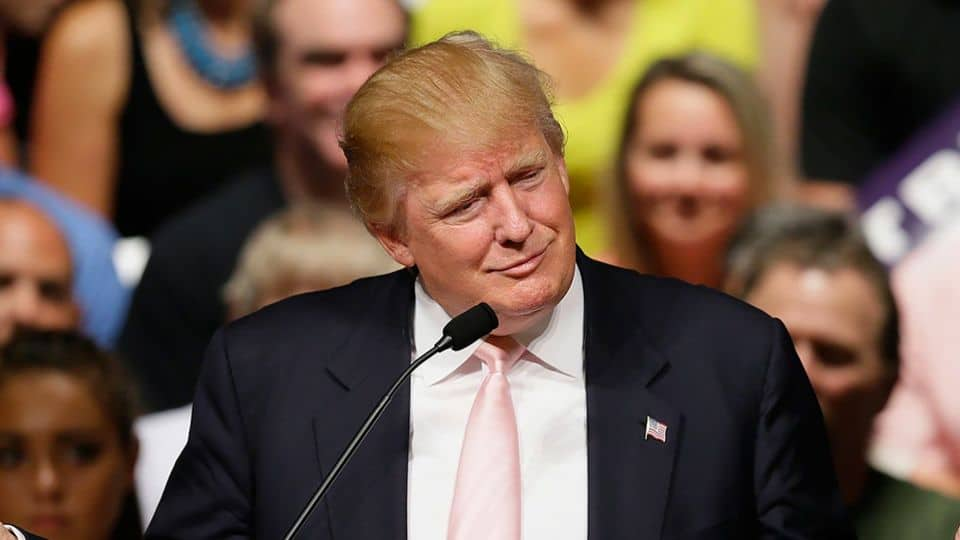
Refugee ban: Trump administration faces major legal defeat
What's the story
A Seattle court has partially blocked US President Donald Trump's bid to impose new restrictions on refugees.
District Judge James Robart ruled that the administration could not terminate the admission of refugees from 11 countries in Middle-East and North Africa, even while a security review was pending.
This represents a major legal defeat for Trump.
What does this mean? Read on to know.
Events so far
What has happened so far?
On October 24, the Trump administration decided to terminated the admission of refugees from 11 countries: Egypt, Iran, Iraq, Libya, Mali, North Korea, Somalia, South Sudan, Sudan, Syria and Yemen.
This was to be implemented following a 90-day review which was set to expire in January 2018.
Refugee admissions from these countries heavily dropped after these rules were brought in.
Information
What were the arguments made?
The groups advocating for refugees interests argued that the order violated the US Constitution and federal rule-making procedures. In response, attorneys for the Department of Justice (DOJ) submitted that under US law, the executive branch of the government was allowed to limit refugee admissions.
Ruling
What did Judge Robart rule?
Judge Robart ruled that it was legal for the Trump administration to conduct the security-review.
However, the government couldn't stop refugee admissions in the meantime as long as they have a "bona fide" connection to the US, he added.
He additionally urged the administration to re-start the "follow-to-join" program under which at least 2,000 refugees were admitted to the US in the fiscal-year 2015.
Who said what?
Order receives mixed reactions
"The ruling brings relief to thousands of refugees in precarious situations," stated Mariko Hirose, litigation director for the International Refugee Assistance Project.
Lauren Ehrsam, a DOJ spokeswoman said that the department disagrees with the order and said that it is "currently evaluating next steps."
Trump took his reaction to Twitter and wrote that Robart's ridiculous opinion takes "law enforcement away from our country."